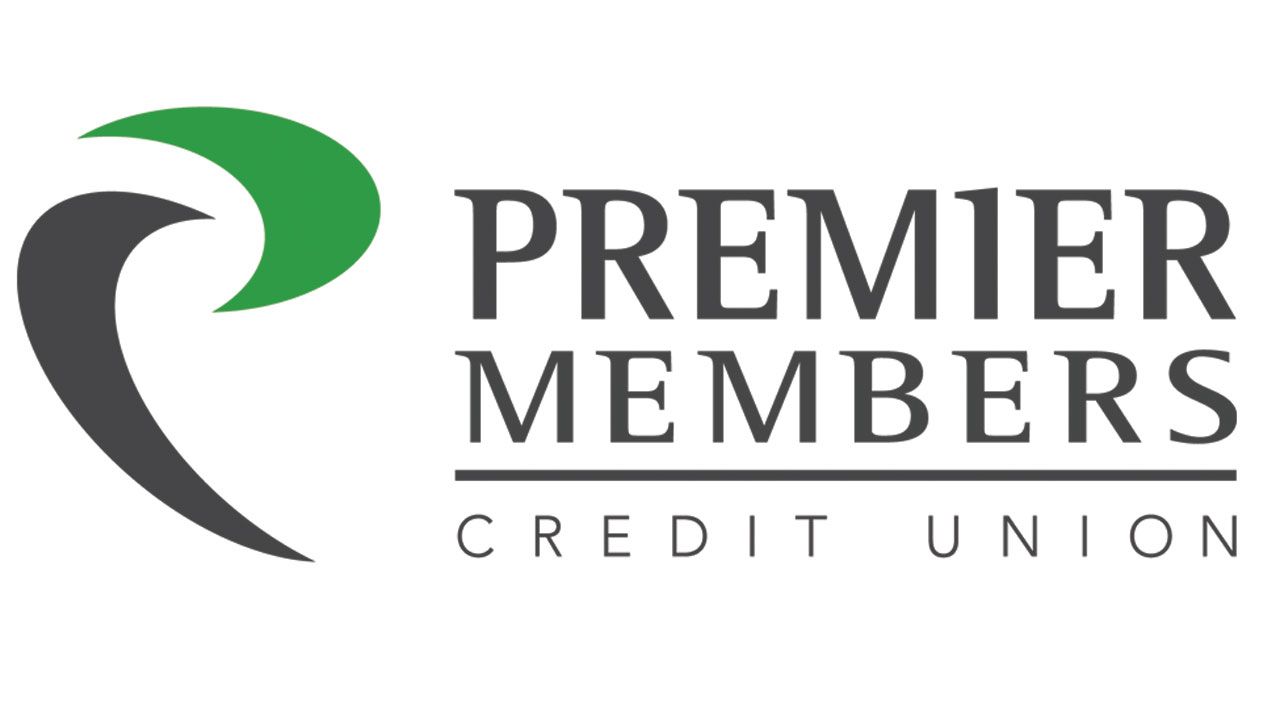Longmont Startup Week: selling abroad can be lucrative with the right safeguards
LONGMONT — Startups and small business have a lot to gain in exporting their products, two global banking experts said this week, as long as they do their due diligence before selling abroad.
Michael Salerno, vice president of global banking at First National Bank of Ohama, told a group assembled during a Longmont Startup Week event Wednesday that the foreign market is among the largest revenue opportunities available today and in the near future. The International Chamber of Commerce estimates international trade revenue will reach $48 billion by 2022.
Salerno had three initial steps for companies to take before they start shipping abroad:
First, business owners have to research their target countries to make sure their product has a market there and if it doesn’t run afoul of local laws or import regulations.
Secondly, companies should figure out the logistics of how their product will be distributed, and if they’d be subject to a value-added tax or other costs to doing business.
Next, find a financial partner that can underwrite the risks inherent in exporting, can deal in other currencies and is SWIFT-enabled so it can move money to foreign banks quickly.
“You really want to make sure your financial accounting there, like your accounting, understands your market expansion, your international capabilities and your growth model,” he said.
Startups can also find financial support from state sources, the U.S. Small Business Administration or the federal Export-Import Bank if private funders don’t want to take on the risk of an international deal. However, the bank has been hampered by criticism from both political parties and its charter is due to expire in September unless Congress renews it.
Startups also need to be wary of rapid changes in tariff policy used by the White House. The U.S. and China have been embroiled in a trade war for the past year, which has raised the price of American exports to the world’s second largest economy compared to other foreign producers. President Donald Trump said in May he intends to place tariffs on European cars, arguing that they are a national-security threat. The bloc’s trade commissioner, Cecilia Malmstrom, said the EU is ready to place up to 35 billion euros in retaliatory tariffs if Trump follows through.
Tariffs are charged at a country’s port of entry, so Salerno recommends startups get in touch with their foreign buyer to see how they could absorb those costs and keep the revenue stream. He also suggested looking at alternative countries, like Singapore or Taiwan, instead of a tariffed country like China.
John Macapinlac, director of global banking at First National Bank of Omaha, said it’s critical for new exporters to understand how they’re going to get paid by their foreign buyer. Most small and medium-sized businesses in the United States require full payment before shipping, he said, but that may put a business at a price disadvantage compared to a foreign competitor that’s willing to work out a payment schedule.
He also said export credit insurance is crucial for recovering part of the contract value of a shipment if the foreign buyer can’t pay or political developments in the country make it impossible for the customer to take delivery, and to consider maritime insurance to protect the cargo itself while in transit.
LONGMONT — Startups and small business have a lot to gain in exporting their products, two global banking experts said this week, as long as they do their due diligence before selling abroad.
Michael Salerno, vice president of global banking at First National Bank of Ohama, told a group assembled during a Longmont Startup Week event Wednesday that the foreign market is among the largest revenue opportunities available today and in the near future. The International Chamber of Commerce estimates international trade revenue will reach $48 billion by 2022.
Salerno had three initial steps for companies to take before they start shipping…
THIS ARTICLE IS FOR SUBSCRIBERS ONLY
Continue reading for less than $3 per week!
Get a month of award-winning local business news, trends and insights
Access award-winning content today!





